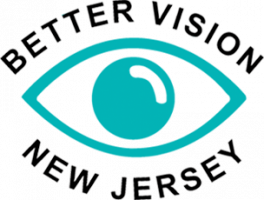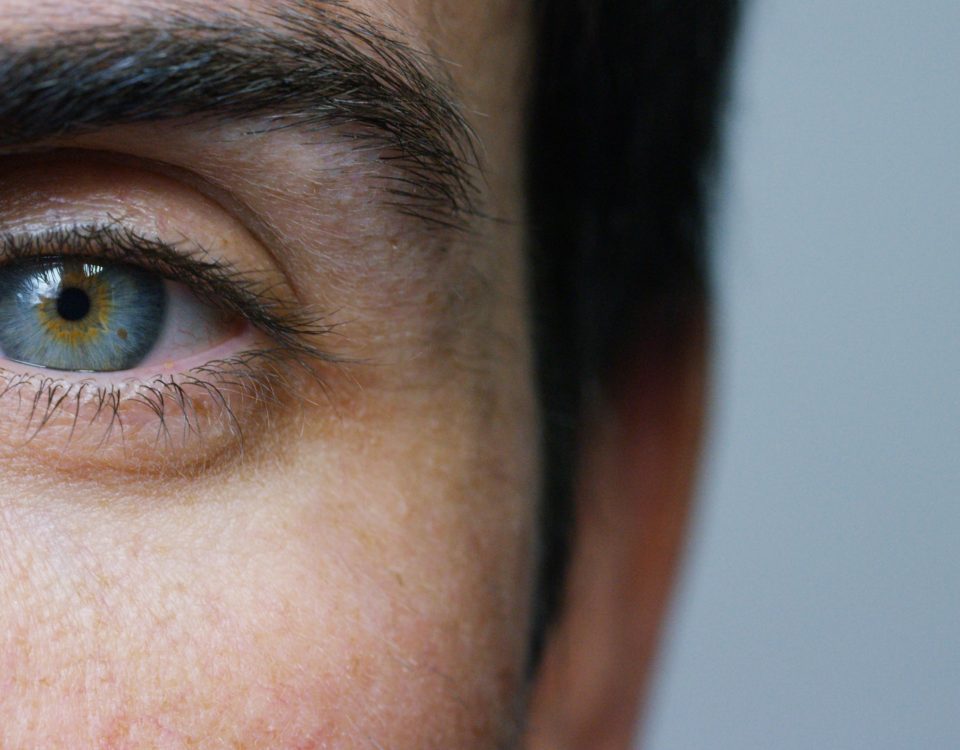Healthy Vision for Life: Healthy Aging Month

5 Myths About Children’s Visual Health That Might Surprise You!
08/19/2022
The Spooky Effects of Costume Contact Lenses
10/20/2022More than 12 million adults 40 years and over experience vision impairment in the United States, making it one of the most common conditions for older adults. This Healthy Aging Month, we are highlighting tips to maintain lifelong vision and pointing out signs of vision loss that everyone should know.
Why Regular Exams Are Crucial
Keeping up with regular eye exams is one of the best forms of preventative care. As you age, your chances of developing eye conditions like glaucoma, cataracts, or macular degeneration increase. Although you may not be able to stop certain conditions from developing, early diagnosis and treatment can make all the difference. Prompt, expert care minimizes the impact of eye conditions on daily life, slows or stops their progress, and sometimes reverses symptoms.
However, it is vital to visit your eye care provider for comprehensive exams—even without underlying diseases or concerns. During these visits with our team, we can monitor potential problems, assess eye health, and ensure your vision is healthy and clear. If we spot any issues, we’ll develop a treatment plan that employs many advanced tools and therapies—from eye drops and glasses to punctal plugs for dry eye. Every patient receives the personalized care he or she needs for the healthiest vision.
Symptoms You Should Never Ignore
It can be difficult to spot symptoms of vision loss until they become more severe. Some serious eye conditions may even be asymptomatic in early stages, which is why regular eye exams are so critical. However, if you notice that you’re having more trouble with everyday activities (watching TV, recognizing people, or signing your name), it may be time to come in for an earlier visit with our team.
Additional symptoms you should never ignore:
- Changes in vision, including distorted vision or your field of vision narrowing
- Blurred, hazy, or double vision
- Sudden eye pain
- Red, swollen eyes
- Itching, burning, or discharge in the eyes
- Seeing bright floating spots, floaters, or flashes of light
- Seeing halos or rainbows around lights
- Increased, even painful, sensitivity to light
- White areas in the pupil or changes to the color of the iris
Contact our team immediately if you experience any sudden changes in your vision, such as loss of vision or flashes of light. These symptoms could be signs of potentially serious vision problems.
Taking Care of Your Vision
At Better Vision New Jersey, we are dedicated to providing high-quality care for all your vision needs. Regular exams set you up for success—allowing us to diagnose and treat eye conditions, monitor potential problems, and ensure that your vision is as healthy as can be.
If you are ready for your next appointment, please get in touch with our team. Caring for you is our privilege!




